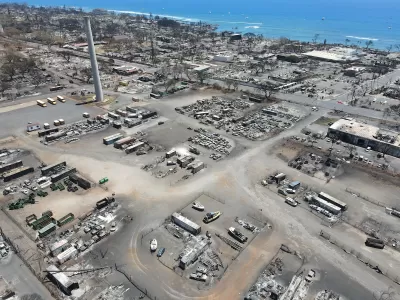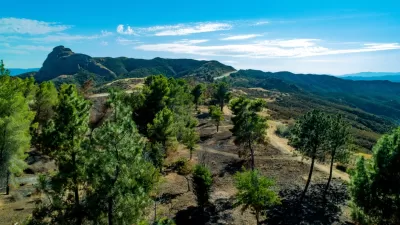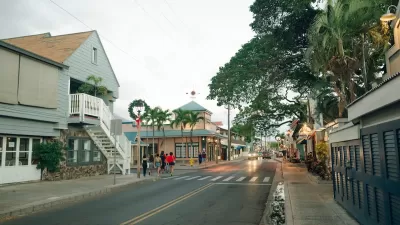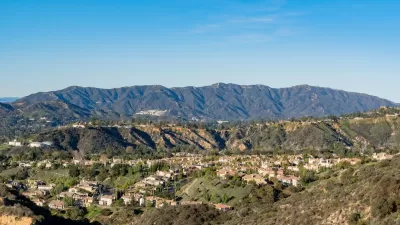Congress has approved federal funding to support Maui’s wildfire recovery, including housing, economic development, and infrastructure improvements while fostering long-term community resilience and preparedness.

In a significant move to aid Maui’s recovery from the devastating 2023 wildfires, Congress has approved $2.1 billion in federal funding as part of a short-term spending bill. As reported by Catherine Cluett Pactol, the allocation includes $1.6 billion in Community Development Block Grant Disaster Recovery (CDBG-DR) funds for housing and $480 million for economic development, small business support, and critical infrastructure improvements such as roads and water systems. U.S. Senator Brian Schatz heralded the bill’s passage, calling it a long-awaited milestone for the community and a crucial step toward rebuilding.
Maui County Mayor Richard Bissen expressed gratitude for the federal relief, emphasizing its importance in addressing the needs of the most vulnerable wildfire survivors and investing in resilience projects to better prepare the community for future challenges. Strict federal guidelines will govern the allocation and use of these funds, requiring comprehensive financial oversight and reporting by Maui County. To ensure proper management, a dedicated program office has been established within the county’s Office of Recovery.
This funding represents a pivotal opportunity to not only rebuild homes and businesses but also to fortify Maui’s infrastructure against future disasters. Mayor Bissen and local leaders view the funding as an essential component of their long-term vision for a stronger, more resilient Maui. With the President’s signature on the bill imminent, this landmark investment is set to drive forward recovery efforts and enhance the island’s preparedness for years to come.
FULL STORY: $2.1B in federal funding will help in Maui's wildfire recovery efforts

Trump Administration Could Effectively End Housing Voucher Program
Federal officials are eyeing major cuts to the Section 8 program that helps millions of low-income households pay rent.

Planetizen Federal Action Tracker
A weekly monitor of how Trump’s orders and actions are impacting planners and planning in America.

Ken Jennings Launches Transit Web Series
The Jeopardy champ wants you to ride public transit.

Washington Legislature Passes Rent Increase Cap
A bill that caps rent increases at 7 percent plus inflation is headed to the governor’s desk.

From Planning to Action: How LA County Is Rethinking Climate Resilience
Chief Sustainability Officer Rita Kampalath outlines the County’s shift from planning to implementation in its climate resilience efforts, emphasizing cross-departmental coordination, updated recovery strategies, and the need for flexible funding.

New Mexico Aging Department Commits to Helping Seniors Age ‘In Place’ and ‘Autonomously’ in New Draft Plan
As New Mexico’s population of seniors continues to grow, the state’s aging department is proposing expanded initiatives to help seniors maintain their autonomy while also supporting family caregivers.
Urban Design for Planners 1: Software Tools
This six-course series explores essential urban design concepts using open source software and equips planners with the tools they need to participate fully in the urban design process.
Planning for Universal Design
Learn the tools for implementing Universal Design in planning regulations.
Heyer Gruel & Associates PA
Ada County Highway District
Institute for Housing and Urban Development Studies (IHS)
City of Grandview
Harvard GSD Executive Education
Toledo-Lucas County Plan Commissions
Salt Lake City
NYU Wagner Graduate School of Public Service





























